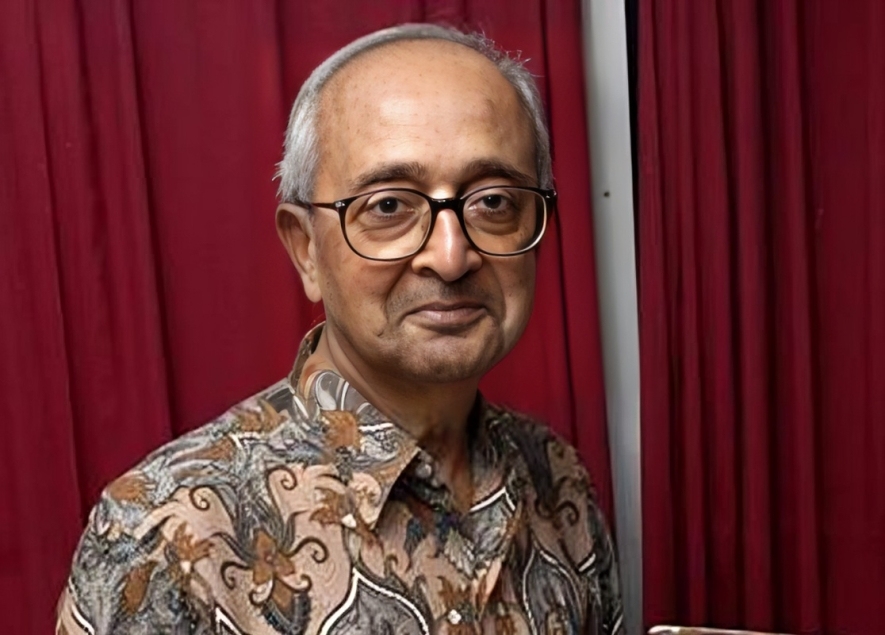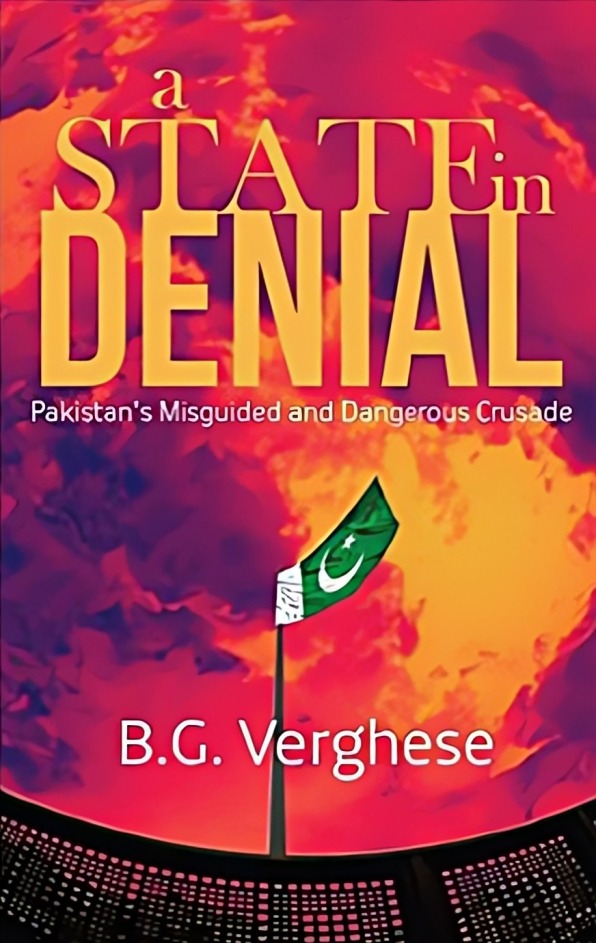The troubled bilateral values cemented in the inflexible national standing and incompatible behaviors of state officials from New Delhi and Islamabad have always remained a subject of importance and significance for the international community. The intellectual groups of South Asia are continuously expressing their views on the rather toxic Indo–Pak relations. The contribution and role of Indian and Pakistani writers attract the world by communicating contesting opinions based on officially disputing positions of their respective governments. The changing and conflicting arguments across the border while discussing the nature and characteristics of the prolonged rivalry of the South Asian nuclear neighbors has become a common trend in both New Delhi and Islamabad academic circles. The jaundiced writings pertaining to South Asian strategic environment under conflicted Indo–Pak bilateral values cynically present a convoluted picture in which it is profoundly difficult to rely on the arguments of various writers. The study of late B.G. Verghese strictly follows the traditional designs of prejudiced literature on the subcontinent.
A well recognised Indian journalist and a well reputed Burmese born researcher, Verghese served in various New Delhi based newspapers and research institutes. He is best known for his services as a political consultant and information adviser in Indira Gandhi’s administration. Moreover, Verghese vigorously participated in the National Security Advisory Board and Kargil Review Committee as an active member. His prolific academic efforts and unwavering scholarly engagements resulted in numerous research papers along with several edited and authored books. Verghese’s recently published eighteenth book was published after two years of his tragic death, this last work A State in Denial: Pakistan’s Disguised and Dangerous Crusade attempts to provide empirical references to the disturbed politics of South Asia cemented in Indo–Pak antagonism.
The three portions containing nineteen brief chapters intensely overview the historical accounts of South Asian politics revolving around the subcontinent. The central theme of the book starts discussion from the partition of India and ends at overcoming partition problems. The first portion, “Historical Churnings” focuses on the initial phase of Indo–Pak problems while summarizing debate in ten short chapters. The three chapters of the second portion, “Hanging Issues” discuss the discordant hitches inherited in territorial, nuclear and water disputes. Verghese’s study highlights the structural problems of New Delhi–Islamabad relations in four chapters of the third portion of the book, “Deconstructing Pakistan”. The two chapters in the end precisely conclude the book in last the portion “Seeking Solutions” by ignoring the undeniable realties attached to New Delhi–Islamabad hostility and visualizing a New Delhi oriented South Asian.
A Pakistan centric argument of the book attempts to associate the South Asian problem to Islamabad by undermining the unquestionable and irrefutable ideological–driven partition of subcontinent. The end of the British Empire and decolonization of the South Asian subcontinent begins the conversation by ambiguously emphasizing the territorial confrontation coupled with the disputed status of Kashmir. Verghese pinpoints negatively Pakistan’s alliance with US sponsored defence pacts CENTO and SEATO parallel to discretely mentioning the Indo–Soviet alliance (p.25). The multifaceted attributes of Indo–Pak conflict summarized in chapters eleven, twelve and thirteen by providing New Delhi’s abstruse stand on territorial, nuclear, and water issues. Chapter sixteen concentrates on cross border terrorism by ignoring Islamabad’s struggling role and multi-layered losses in the US–led War on Terror. Verghese gaudily poses several objections on the ideological foundation of the Two Nation Theory, denying the factual communal violence in India. Chapter seventeen equivocally criticises the ideological roots of Pakistan by sceptically discussing the significance of religion in the partition. Chapters four, seven, and eighteen reflect Indian influence or the one-sided knowledge of the author on the Kashmir problem. The second last chapter looks at Islamabad and New Delhi sponsored political and constitutional developments of Kashmir. The structure reforms of the former are underestimated equally to overestimated role of the latter state.

The archival data and empirical evidence cited in the Verghese’s study categorically added critical writings on Pakistan in the book. Via his biased approach the author prefers to highlight the anti–Pakistan work done by various scholars such as Ishtiaq Ahmed, Carlo Christine Fair, etc. The partial slant and prejudiced writings on civil society are also part of what Verghese has written, this shows the rational miscalculations and cogent mistakes that are apparent. The book presents a larger record of cited material of other writers of diverse regions and is a collection of many arguments defending India’s hegemonic ambitions and regional atrocities equivalent to maintaining an account of critical evaluation of Pakistan’s role in South Asian and world politics.
The intellectual arguments in the book are based on lack of neutral approach and impartial behaviour and show the unbalanced arguments of Verghese which fractures the main structure of the book and has also degraded the academic reputation of the author. A less convincing work of Verghese is mainly a journalistic version New Delhi–Islamabad clash. The book is unable to deliver any constructive conclusion based on rational examination of history. The fractional approach of the author has been established on archival evidence and unsuccessfully tries to portray a case of Indo–Pak rivalry and is a propagating effort to disrespect Islamabad. Therefore, the book is an excellent addition to the existing noxious literature on South Asian politics instead of an intellectual effort to strengthen the constructive investigation of India– Pakistan rivalry.





